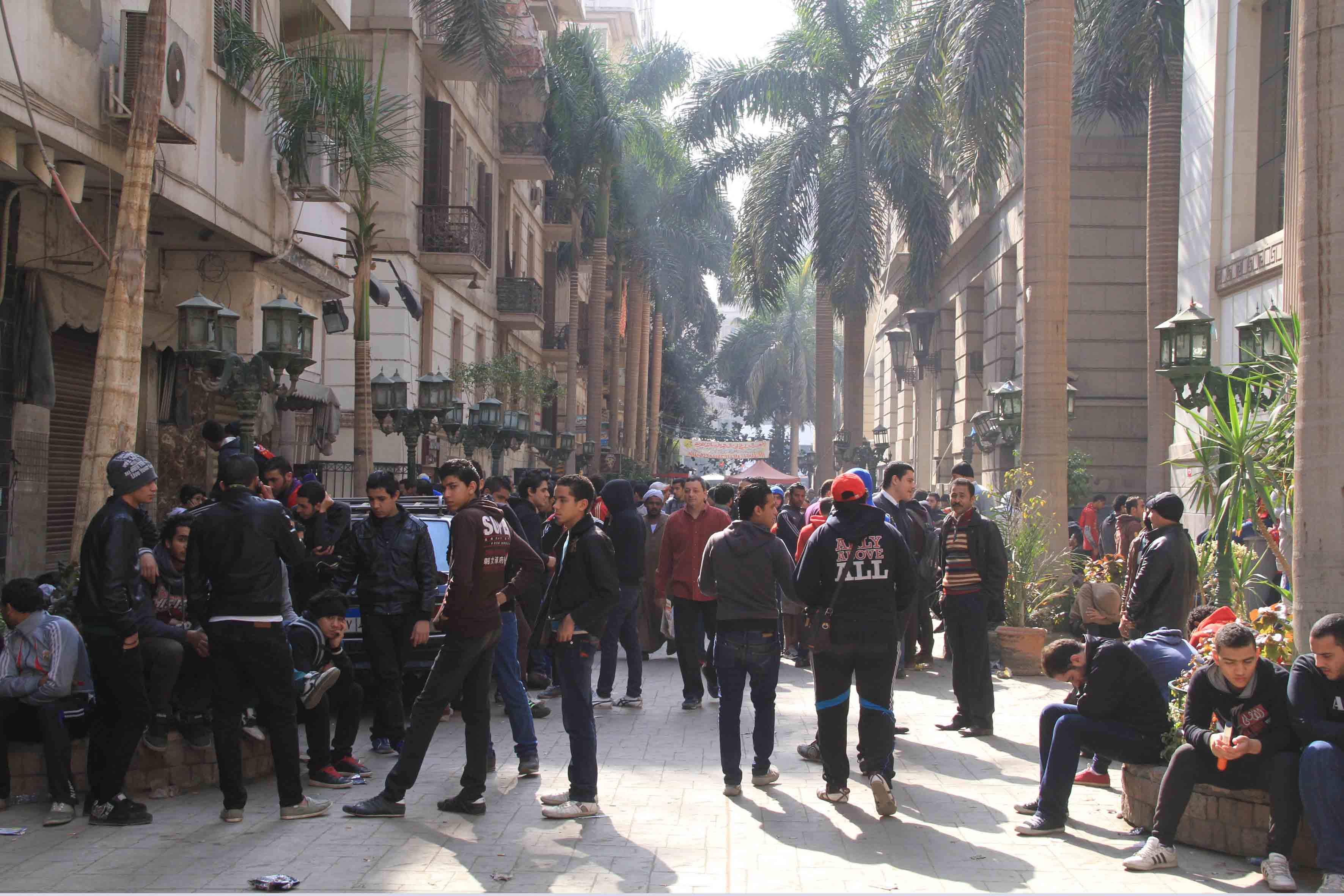ISLAMABAD/ROME: A closer look at the pattern of Pakistani immigration to Italy and integration into Italian society indicates that it’s the distance – and not the difference – between the two cultures that has proved to be the most stringent barrier in cultural integration.
It is words like terrorism, burqa and war that Pakistan is associated with in the minds of the many Italians that Zouq Iqbal, an immigrant from Pakistan, meets every day in Milan. Since arriving in Italy in 2002, Zouq spends his free time primarily with Pakistani friends; his contact with Italians is very limited. When I travel by train or by bus, women hold their bags tightly, he says in a tone halfway between resignation and amusement.
Pakistanis have been settling in Italy since the early 1980s, when Britain and Germany began restricting aspirant immigrants from South Asia. Today there are over 80,000 immigrants of Pakistani origin in Italy, 70 per cent of which live in northern Italy. In fact, so many immigrants live in the northern Italian town of Brescia that it is sometimes referred to as “Brescia-stan .
Ejaz Ahmad, a Pakistani journalist and cultural mediator in Italy since 1989, emphasizes that immigration is more than a temporary trend: Around 10,000 Pakistanis have purchased homes, a signal of their intention to stay permanently.
Stereotyping and fear of the other exists on both sides. Many Italians are unaware that when the Under-15 National Cricket team of Italy won the European Championship, it comprised only one player of Italian descent; the rest were second-generation immigrants, children of South Asian parents.
And back in Pakistan, families harbor misconceptions about Italy and Italian life. For example, Afsar Khan, a shopkeeper who lives just south of Islamabad, was upset when his son vowed to go to Italy 15 years ago. Customers warned that his son, Aslam, would ruin himself with “wine and women .
However, Afsar confessed that none of them had actually been to Italy and that their concerns proved to be unfounded. Aslam visits frequently from Italy with his Pakistani wife and two children. His money has helped his parents buy their dream house.
But now, as Aslam’s nephew is ready to join him in Italy, the family has a different set of fears based on disturbing information in the media about Muslims in the West facing increasing discrimination.
Despite the challenges in both Pakistan and Italy, Aslam’s family remains hopeful that the situation could improve if the people of different cultures were encouraged to interact. Amid the stereotypes on both sides, there are often overlooked examples of coexistence between these two cultures.
In Belluno, a town in Italy s Veneto region, the borders separating the community become more porous where the two cultures meet. The essence of Pakistan pervades the society through the spicy flavors of fast food, craft shops and call centres.
Customers fondly ask questions about my country and women love my wife s clothes, says Asad, a Pakistani Italian who lives in Belluno and owns a restaurant called Pak Fast Food. Unlike Zouk, who seldom mixes socially with Italians, Asad has hardly anything negative to share. For him, integration has been easier in Belluno where there isn t a large Pakistani community. Interacting with the locals has only helped clear prejudices.
Ejaz says the Constitution of Italy emphasizes cultural integration. He founded a monthly Urdu-language magazine Azad (meaning free ) to bridge the distance between the two cultures by helping those immigrants who either cannot understand Italian or have limited interaction with the locals learn about their host country and its culture.
Also a member of the Islamic Council of the Ministry of Interior in Italy that works for the promotion of coexistence and interfaith harmony, Ejaz says when people of different cultures do not or cannot interact with each other, they tend to overlook the commonalities among them and start believing that interaction may jeopardize their cultural identity. On the contrary, once they start mixing socially, they gradually realize that their fears were largely unfounded.
Real life stories from the two countries endorse the fact that fear of an “alien culture is stronger when people of two cultures view each other from a distance. A reduction in distance also leads to a reduction in misconceptions and better understanding of one another.
Amer Farooq is an Islamabad-based blogger and Senior Editor of a monthly magazine. Elisa Di Benedetto is an Italian freelance reporter and photographer. This article was written for the Common Ground News Service (CGNews).
